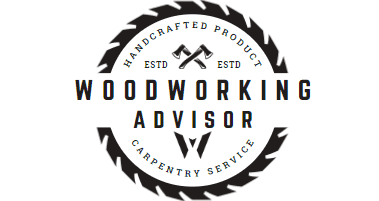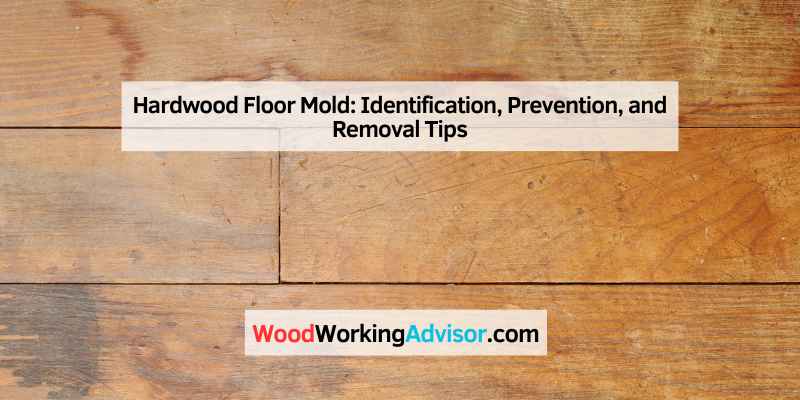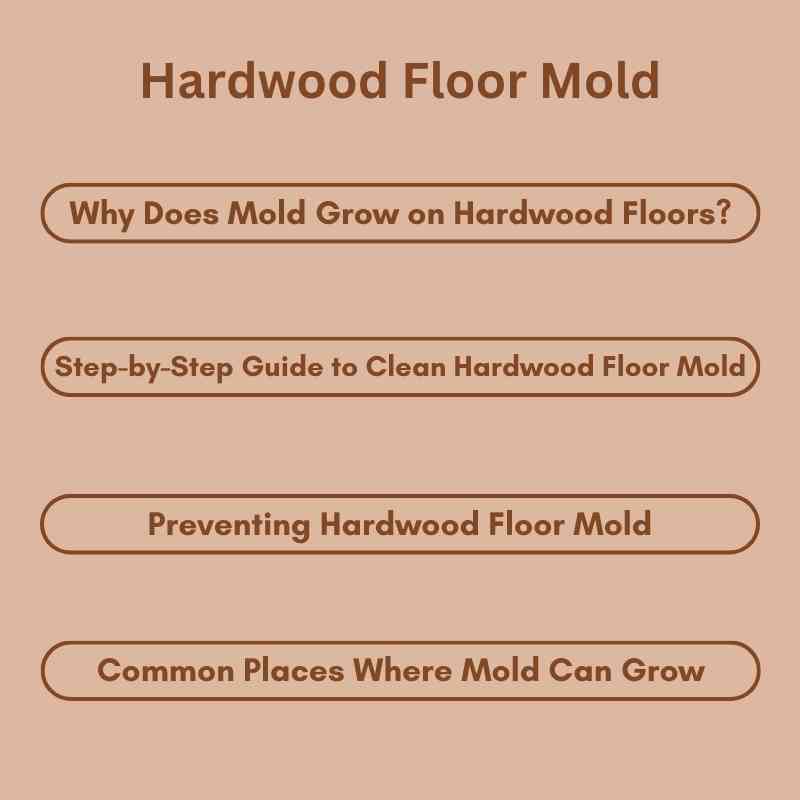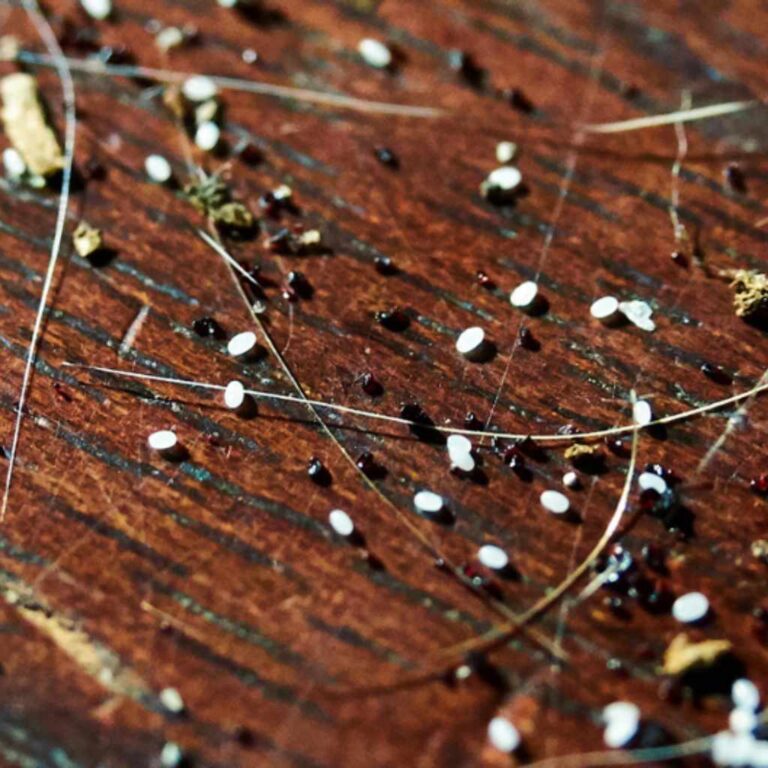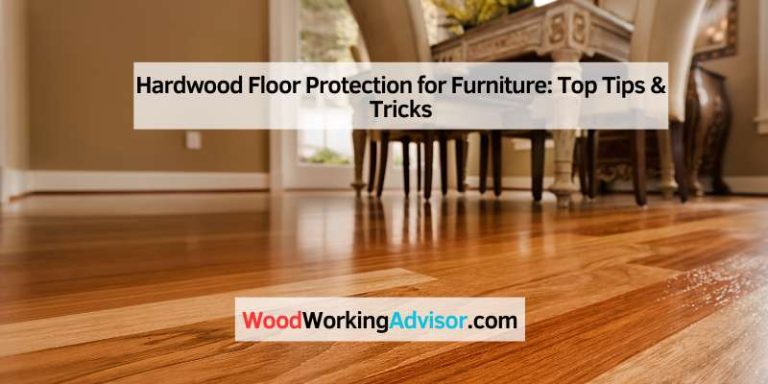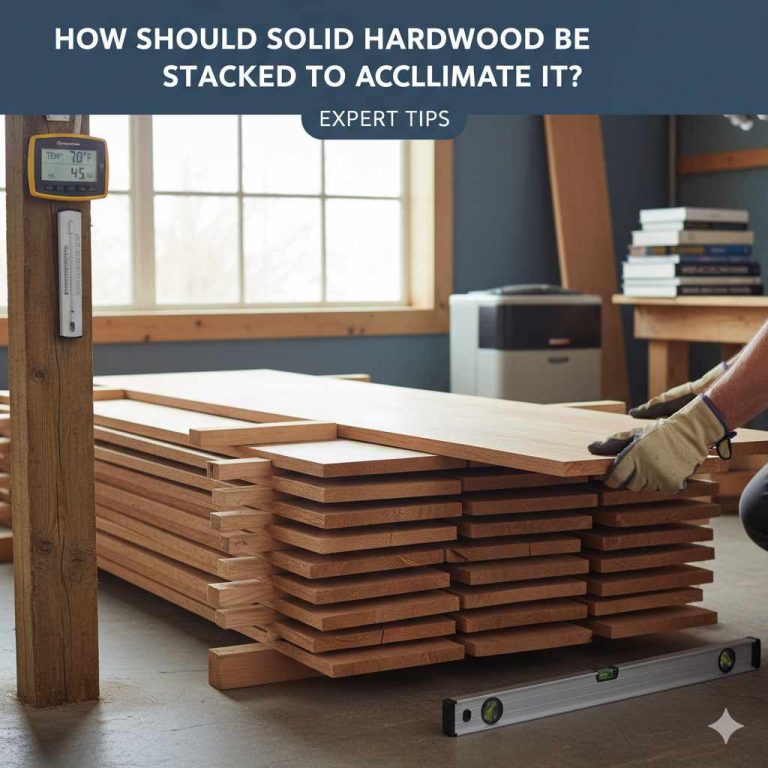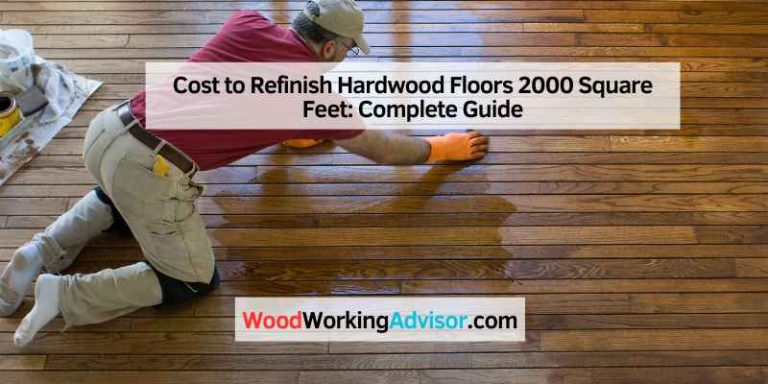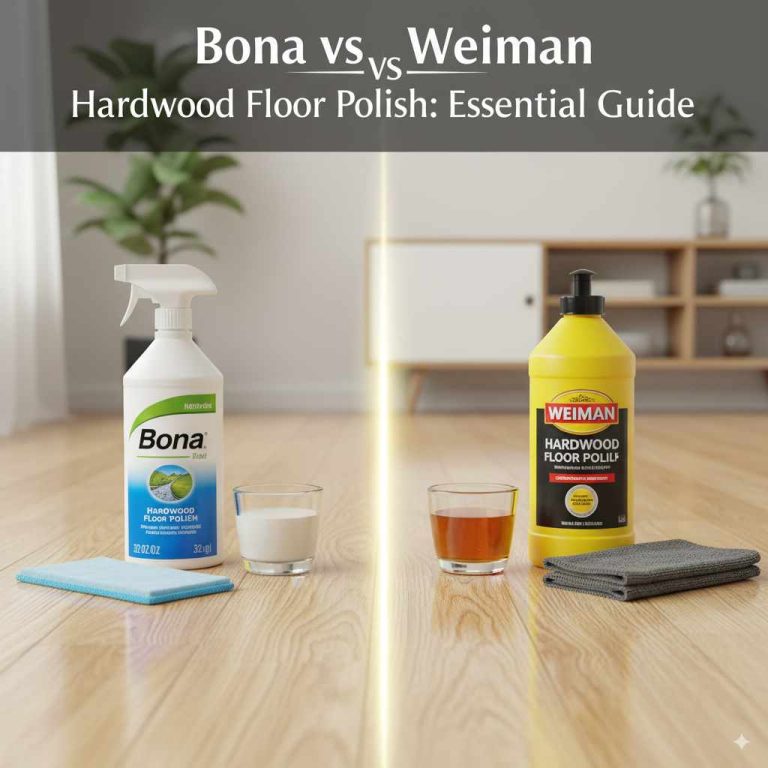Hardwood Floor Mold: Identification, Prevention, and Removal Tips
Hardwood floor mold can be a big problem. It can make your floor look bad and even smell bad. But don’t worry! You can clean it up easily. Here is a simple guide to help you clean and remove mildew from hardwood floors.
Why Does Mold Grow on Hardwood Floors?
Mold likes to grow in damp and warm places. If you leave something like a mattress directly on a hardwood floor, mold can grow underneath it. This is because there is no insulation in the crawlspace beneath the floor. The difference in temperature between warm bodies sleeping on the mattress and cold air under the floor makes a perfect place for mold to grow.
Mildew can also grow under potted plants, carpet, against uninsulated walls, in damp basements, if you have a water leak, or even under wet laundry left sitting too long.
Step-by-Step Guide to Clean Hardwood Floor Mold
Step 1: Try Wiping Up The Mold
If your hardwood floor is properly sealed, you can just wipe up the mildew. Use vinegar, soap and water, or dilute bleach. These common cleaning solutions work well.
- Vinegar: Mix one part vinegar with one part water.
- Soap and Water: Use mild soap and warm water.
- Dilute Bleach: Mix one part bleach with ten parts water.
In our case, most of the mold cleaned up easily. But some mold had gotten into the grain of the wood. The grain tends to suck up anything liquid, including the polyurethane used to finish the wood floors. This left those areas imperfectly sealed and able to absorb moisture. In these areas, the mold was able to grow a few millimeters into the wood, making it impossible to wipe away.
The mildew growing on the intact polyurethaned surfaces wiped up so quickly that I didn’t get a picture of it before we cleaned it up.
Step 2: Sand The Affected Area
If wiping doesn’t work, you might need to sand the affected area. This will remove the mold that has grown into the wood. Use fine-grit sandpaper and gently sand the area until the mold is gone. Be sure to wear a mask to avoid inhaling mold spores.
Step 3: Clean The Sanded Area
After sanding, clean the area again. Use one of the cleaning solutions mentioned above. This will remove any remaining mold and dust.
Step 4: Refinish The Area
Once the area is clean and dry, you may need to refinish it. This will protect the wood and make it look nice again. Apply a new coat of polyurethane or another wood finish.
Preventing Hardwood Floor Mold
To prevent mold from coming back, keep your hardwood floor dry. Here are some tips:
- Use a dehumidifier to reduce moisture in the air.
- Make sure your home is well-ventilated.
- Don’t leave wet items on the floor.
- Place a barrier, like a rug or mat, between the floor and heavy items like mattresses.
- Check for water leaks and fix them quickly.
Common Places Where Mold Can Grow
Mold can grow in many places, not just on hardwood floors. Here are some common spots:
- Under potted plants
- Under carpet
- Against uninsulated walls
- In damp basements
- Near water leaks
- Under wet laundry left sitting too long
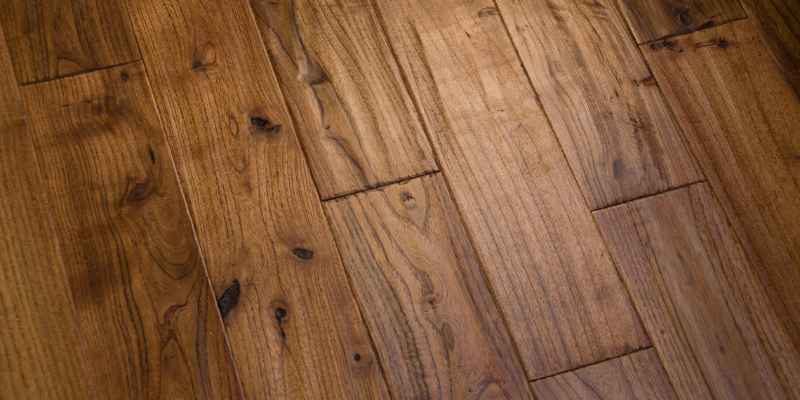
Frequently Asked Questions
What Causes Mold On Hardwood Floors?
Mold on hardwood floors is caused by moisture and lack of ventilation.
How To Identify Mold On Hardwood Floors?
Identify mold by black, green, or white spots and a musty smell.
Can Mold Damage Hardwood Floors?
Yes, mold can damage hardwood floors by causing discoloration and weakening the wood structure.
How To Prevent Mold On Hardwood Floors?
Prevent mold by controlling humidity, ensuring proper ventilation, and cleaning spills immediately.
Conclusion
Cleaning and removing hardwood floor mold is easy if you follow these steps. Keep your floor dry and well-ventilated to prevent mold from coming back. If you find mold, clean it up quickly to keep your home healthy and beautiful.
Remember, always use safe cleaning solutions and wear a mask if you need to sand the wood. Taking care of your hardwood floor will keep it looking great for years to come!
